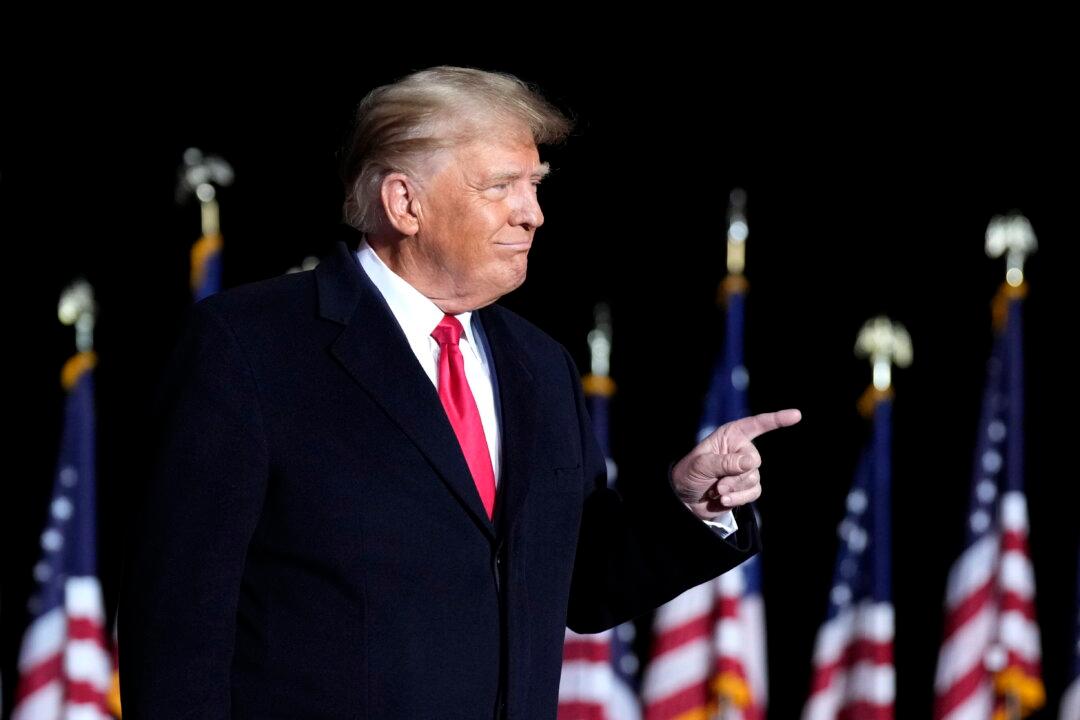Former President Donald Trump has filed a lawsuit seeking to block a subpoena issued by the House Committee investigating the Jan. 6 Capitol breach.
The Jan. 6 Committee subpoena asks Trump to hand over certain documents, and to testify in a “closed-door deposition” about the events that took place while he was the president, the lawsuit stated. In the past, other presidents have voluntarily agreed to turn over documents or testify in response to a congressional subpoena. However, “no President or former President has ever been compelled to do so,” it noted.





